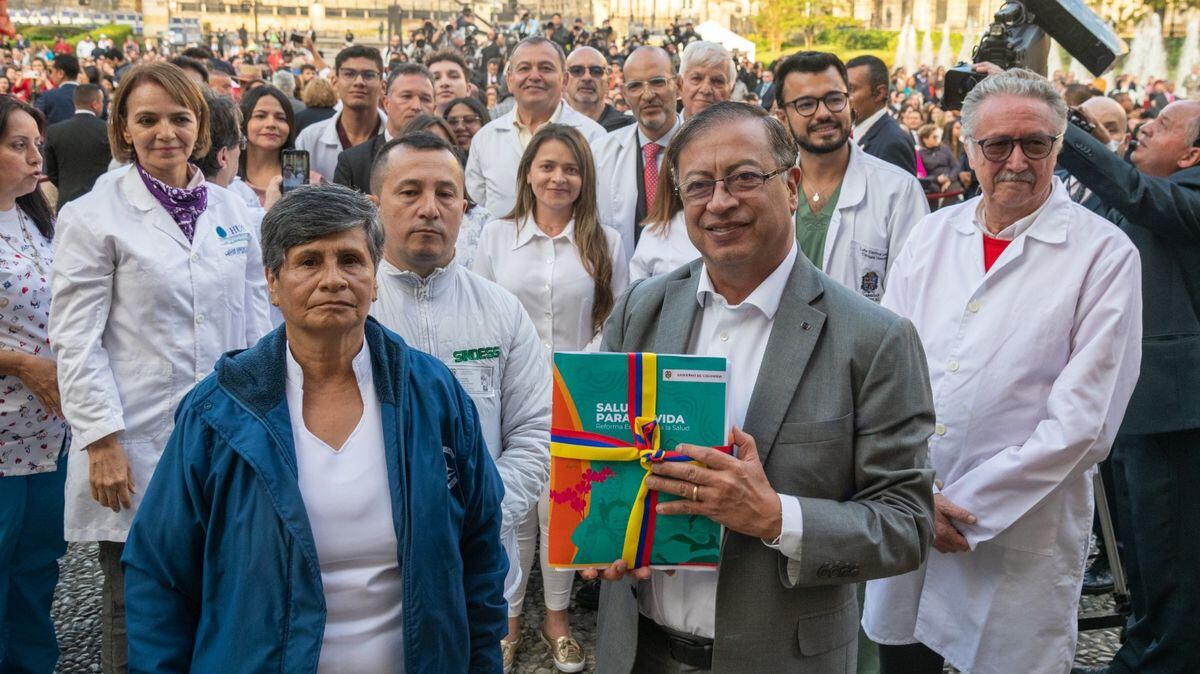The Minister of Finance, José Antonio Ocampo, filed the Tax Reform project, in Bogotá, on August 8, 2022.rrss
The tax reform presented this Monday by the Minister of Finance of the Government of Gustavo Petro, José Antonio Ocampo, is the first concrete act of the new president of Colombia.
Its 69 articles do not change the structure of the tax system, but they do show the emphasis of the economic policy that the first government elected by the left will have and give clues to interpret Petro's words in his inaugural speech this Sunday: "Taxes do not they will be confiscatory, they will simply be fair, in a country that must recognize the enormous social inequality in which we live as an aberration.”
These are the five keys:
1. Respect for fiscal orthodoxy
If one of the fears facing a government led by Gustavo Petro is a fiscal chaos, the message of the reform is that it is unfounded.
Just presenting a project to raise taxes or remove tax relief, and to increase the total collection, is a first sign in that sense.
In this case, moreover, the document presented to Congress is explicit in this objective: one of its five sections "exalts fiscal stability as an unequivocal pillar to achieve the sustained provision of public goods," as stated in its introduction.
María del Pilar López-Uribe, associate professor at the Faculty of Economics of the Universidad de los Andes, points out that Minister Ocampo said on Monday that the Government is committed to complying with the fiscal rule, that is, not to spend more than it the law allows.
“This is a good sign for risk rating agencies, but there is the other side of the coin, which is the spending side, about which we don't know much yet.
And that is just as important for risk rating agencies.”
2. The emphasis on equality
Petro's inaugural speech, Ocampo's words when filing the project and the document that officially presents it as "Tax Reform for Equality and Social Justice", the explanatory statement, agree that it is a reform that seeks reduce inequality both because it will finance social spending and because it is concentrated on people with higher incomes.
“This tax reform project aims to advance fundamentally in two dimensions.
First, to reduce the inequitable exemptions enjoyed by natural persons with higher incomes”, says the explanatory memorandum.
However, the bulk of the money collected will come from companies: in the calculations presented in the explanatory memorandum itself, taxes on the richest people add up to 0.56% of GDP in 2023, while the different adjustments to general companies add up to 1.01%.
That does not mean that there is no emphasis on people with higher incomes: it increases taxes on all those who receive more than 10 million pesos a month, just over 2 thousand dollars.
It does so, for example, by making pensions payable from that value, increasing the rates of that same tax on other income from that amount, and lowering the ceilings of the values that can be subtracted when calculating the tax, such as savings for housing.
In addition, it seeks to make the wealth tax permanent, which today is temporary and would only apply to those who have assets of 3 billion pesos (about 700 thousand dollars) or more.
3. Commitments to the environment, health and gender equality
The reform reflects several of the axes of Petro's speech and of the new wave of the Latin American left, which are added to the fight against inequality that is the figurehead of the project.
One of those axes is the environment, an issue that has been among Petro's priorities for a quarter of a century, and which was one of the ten points of the government decalogue that he presented in his inaugural speech: "I will protect our soil and subsoil , our seas and rivers.
Our air and sky”.
The tax reform project reflects this by creating a tax on single-use plastics and increasing the existing carbon tax.
Another point is health, as part of a broader concern for the role of the State in the well-being of others.
That look is in the health reform proposal of his minister, Carolina Corcho, which seeks to increase the state role in health protection and Petro alluded to it in another point of his decalogue: "We are a solidary society, which is cares and takes care of others.
May his government be too, ”she said.
In this regard, the reform creates specific taxes for the sale of sugary drinks and ultra-processed foods, which seek more to protect health than to collect revenue.
"This is not to generate money, the ideal collection of these taxes is zero," said Ocampo this Monday, explaining the project.
The third point, the most alien to a tax reform, is that of gender equality, after Petro promised, in his decalogue, to govern "with and for the women of Colombia."
The penultimate article of the reform has just that look.
It orders the Directorate of National Taxes and Customs (DIAN), the tax administration, to define what information must be included in the tax returns to carry out studies and "propose reductions in structural inequities"
4. The particular look at some economic sectors
Although the reform in general does not focus on increasing taxes on companies, it reveals a differentiated view of different sectors, something typical of a Government that defends an economic policy that seeks to promote some sectors and rest State income on others.
On the one hand, due to healthy or environmental taxes, the plastics industry or the producers of sugary drinks and ultra-processed foods will have an additional burden.
On the other, sectors benefiting from exemptions such as the hotel industry or the so-called “orange economy” would lose that privileged position.
And, finally, the financial sector would have an additional burden: it would pay 3% more in income tax than any other, something that the Duque Government created as a temporary support for the economic crisis, and that the Petro reform proposes to maintain final form.
5. The extractive sector does use money
Throughout his presidential campaign, Petro placed great emphasis on the need to modify the economic structure to stop depending on the extraction of basic products, and especially hydrocarbons and coal.
This is reflected in the reform, for example by prohibiting the payment of royalties, the money made to the State for extracting goods from the subsoil, which belongs to the State, to be subtracted from the income tax.
This increases the tax paid by that sector, and to this is added a new tax of 10% on exports of crude oil, gold and coal when the value of these products exceeds a certain threshold, which today far exceeds.
For example, the threshold for crude oil is $48 in the WTI index, which is around $90 today.
The challenge of this logic is that the reform would make State revenues more dependent on the sector that Petro seeks to reduce in size and importance, which would increase the size of the economic challenge of the energy transition that it has raised as one of its banners.
Subscribe here
to the EL PAÍS newsletter on Colombia and receive all the key information on the country's current affairs.


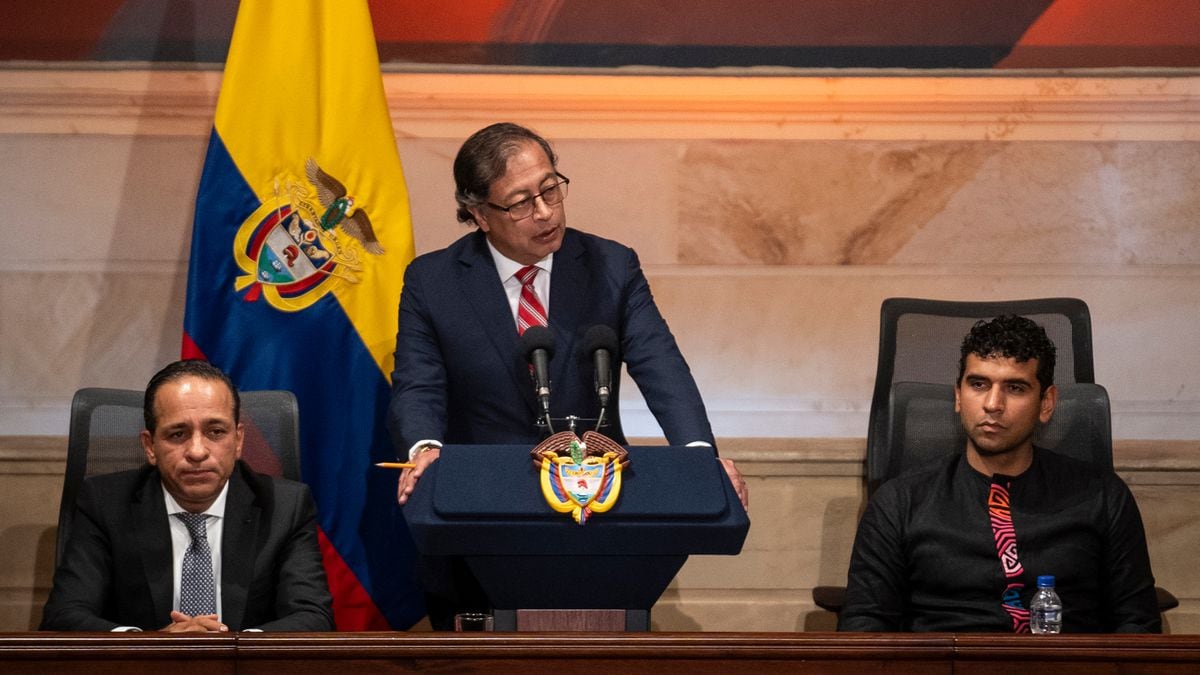
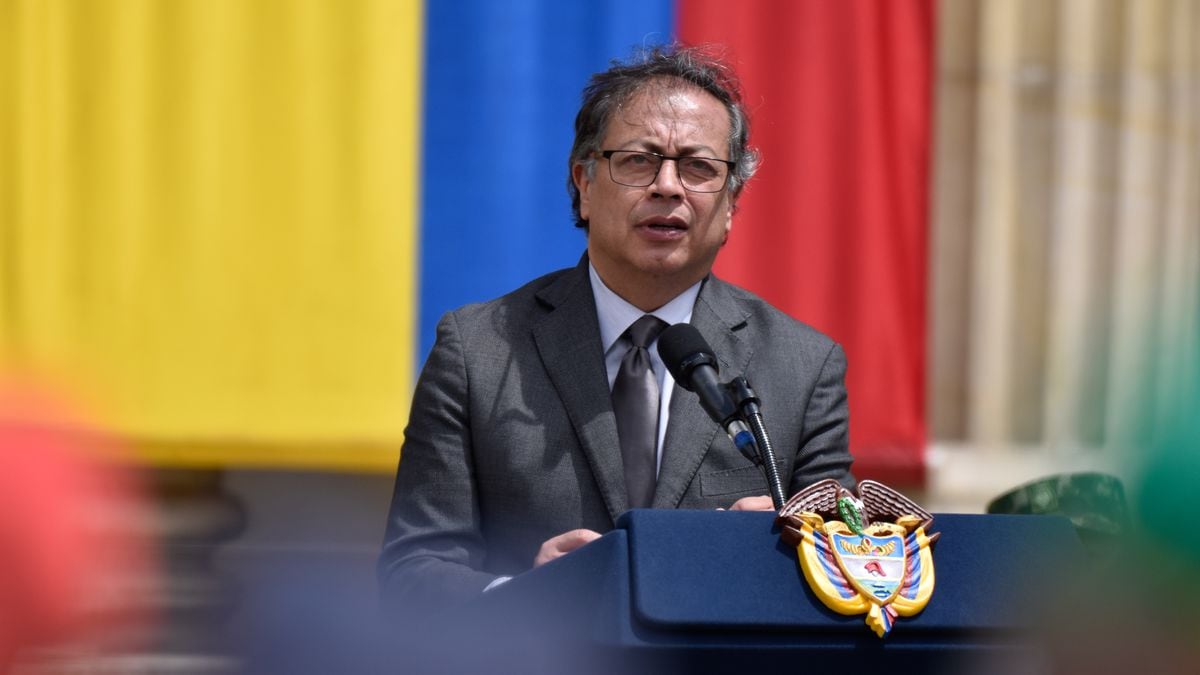
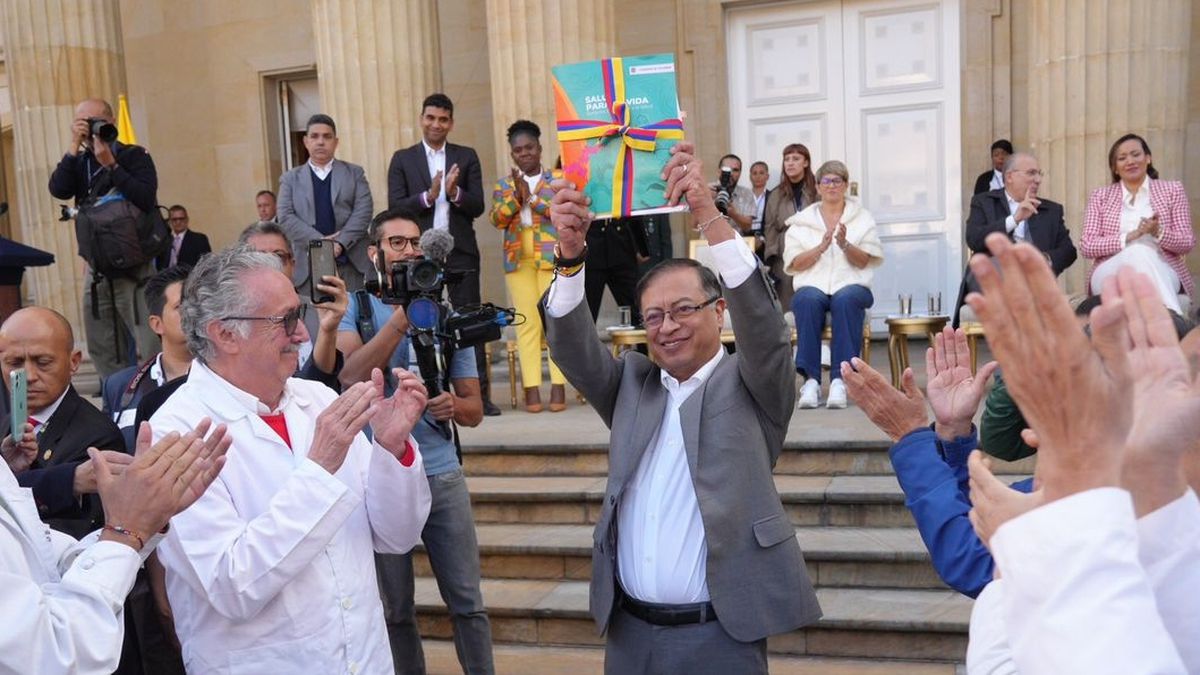
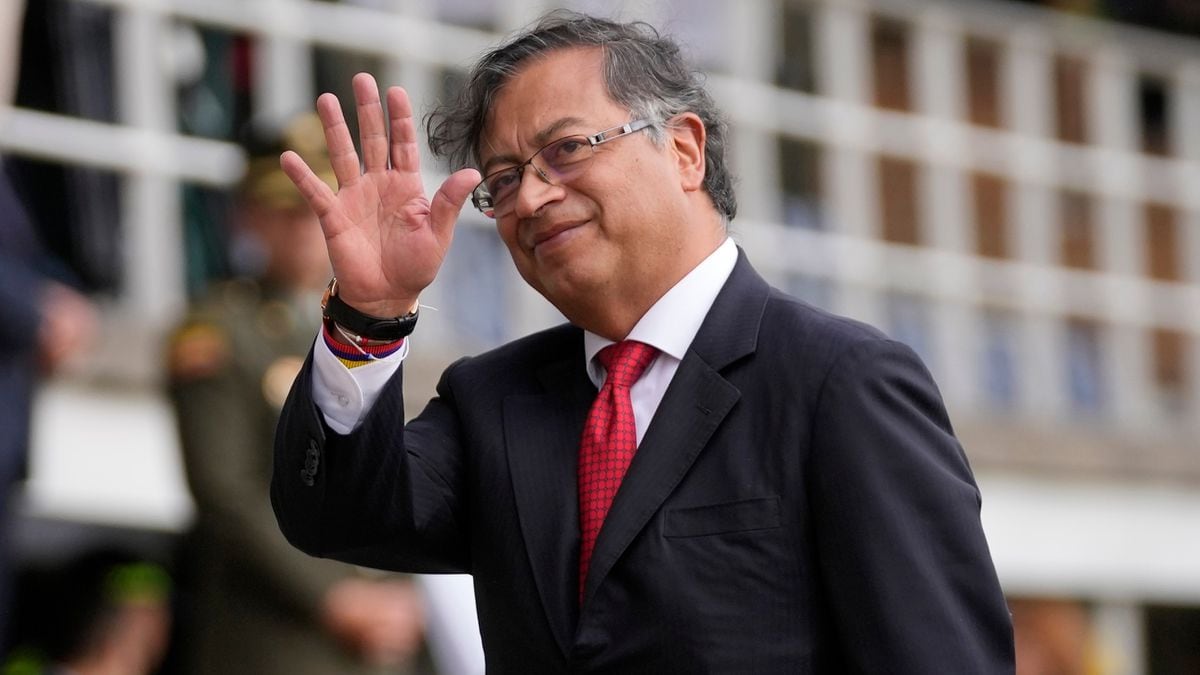
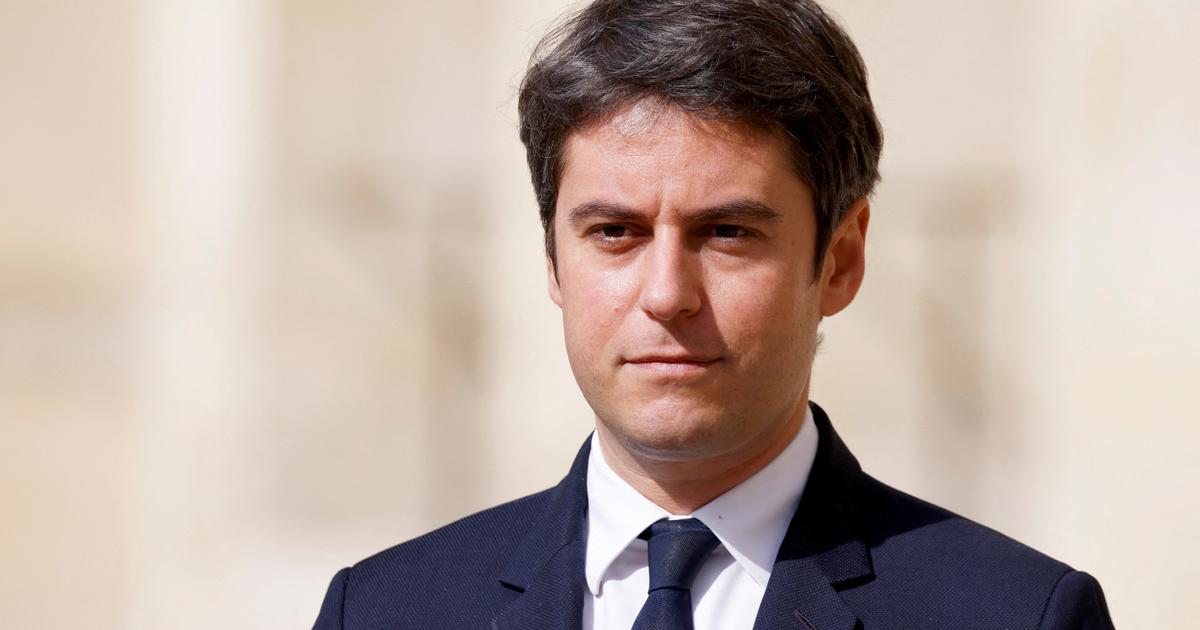

/cloudfront-eu-central-1.images.arcpublishing.com/prisa/RYAE4R2YX5G7LGEJQ74SXZI47A.jpg)
